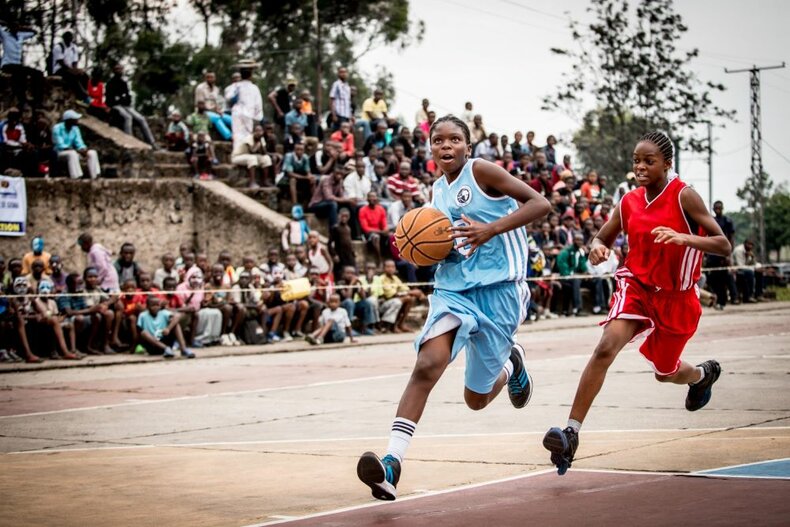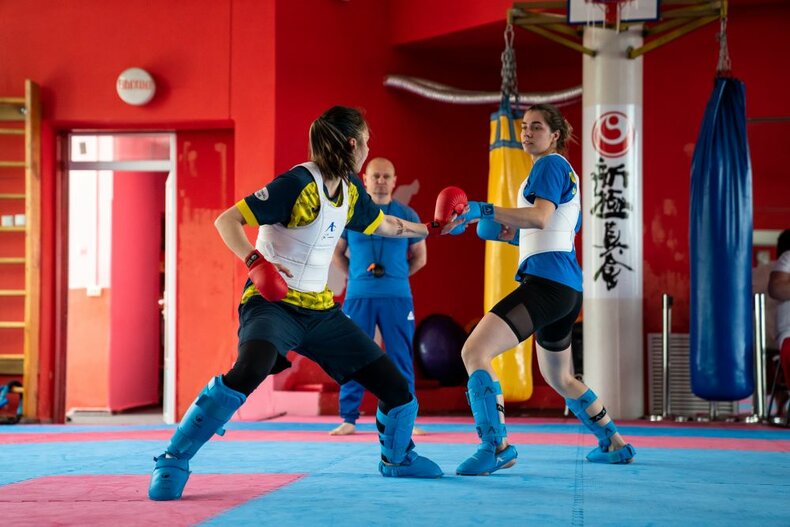
The International Day of Sport for Development and Peace (IDSDP), celebrated annually on 6th April, highlights the transformative power of sport in driving positive change, breaking down barriers, and fostering unity across the globe.
This year’s theme focuses on challenging stereotypes, promoting equal opportunities, and ensuring inclusive sport for all, regardless of age, gender, or race.
Sport serves as a universal language that bridges divides, strengthens communities, and inspires dialogue to combat prejudice.
On this day, we recognize sport not just as a game, but as a catalyst for social progress and peace.

Despite the known benefits of an active lifestyle, recent data reveals a concerning trend: nearly 1.8 billion adults (31% of the global population) did not meet the recommended levels of physical activity in 2022.
According to a study published in The Lancet Global Health, inactivity has risen by 5 percentage points since 2010, and if this continues, 35% of adults could be inactive by 2030 - far from the global target of reducing physical inactivity.
The World Health Organization (WHO) recommends at least 150 minutes of moderate or 75 minutes of vigorous activity per week to maintain good health. Yet, inactivity remains a silent crisis, increasing the risk of heart disease, diabetes, dementia, and certain cancers.
This trend underscores the urgent need for greater investment in sports infrastructure, public awareness, and policies that encourage active lifestyles.

Sport is not just about health - it is a reflection of societal values. One of its most powerful contributions is the principle of performance, which drives progress and excellence. However, in many places, including Germany, this value is often misunderstood or neglected.
In Germany, performance is frequently seen as pressure rather than an opportunity. Schools hesitate to nurture talent, sports programs are bogged down by bureaucracy, and funding is often tied to political agendas rather than results.
Coaches are underpaid, athletes struggle with financial instability, and the system prioritizes administration over achievement. The consequence? A culture of mediocrity that holds back potential.

Other nations demonstrate that clear structures, performance-based support, and a competitive mindset lead to success.
Sport teaches discipline, resilience, and ambition - qualities that extend beyond the field into all areas of life.
To thrive as a society, we must reclaim the value of performance and recognize it as a force for progress.

To reverse the decline in physical activity and reignite a culture of achievement, we must take concrete steps:
- Schools should prioritize talent development alongside equality, offering specialized programs to nurture future athletes.
- Re-Reforming initiatives like the Federal National Youth Games and introducing mentorship schemes can inspire more young people to engage in sports.
- Performance must be celebrated, not stigmatized - whether in sports, education, or professional life.

Germany has the potential to lead by example, not only in fostering elite athletes but also in using sport as a tool for social good.
Sport promotes unity, resilience, and solidarity - values desperately needed in today’s divided world.
On this International Day of Sport for Development and Peace, let us commit to:
- Encouraging more people to stay active - for their health and for stronger communities.
- Revitalizing the culture of performance - supporting athletes, coaches, and programs that strive for excellence.
- Using sport as a bridge for peace and inclusion - breaking down barriers and fostering understanding worldwide.
Sport has the power to transform lives and societies.
Let’s harness that power - not just on 6 th April, but every day!
Yours
sincerely

